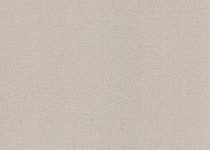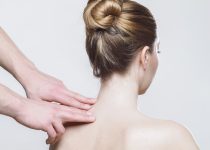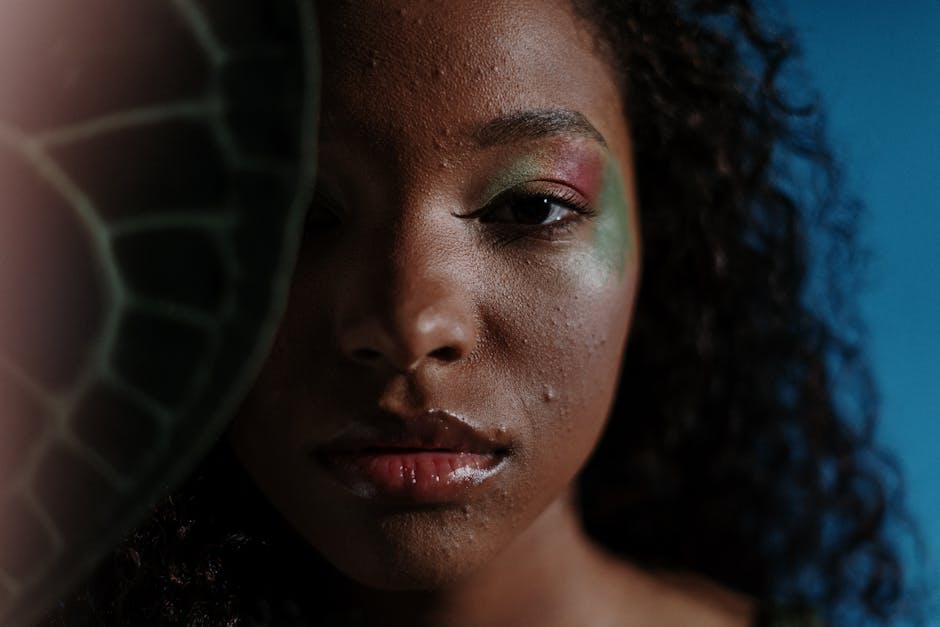The Ultimate Guide To Curing Acne: Solutions For All Skin Types
Acne is a common skin condition that affects people of all ages. It can be frustrating and embarrassing, but there are effective treatments available. In this blog post, we will discuss different types of acne, their causes, and the best treatments for each type.
**What is Acne?**
Acne is a skin condition that occurs when hair follicles become clogged with oil and dead skin cells. This can lead to the formation of blackheads, whiteheads, and pimples. Acne can be mild, moderate, or severe. It can occur on the face, back, and chest.
**Causes of Acne**
There are several factors that can contribute to the development of acne. These include:
* **Hormonal changes:** Acne is often caused by hormonal changes that occur during puberty and adolescence.
* **Genetics:** Acne can also be hereditary.
* **Bacteria:** The bacteria Propionibacterium acnes (P. acnes) can contribute to the development of acne.
* **Diet:** Some foods, such as dairy products and sugary foods, can trigger acne in some people.
* **Stress:** Stress can also worsen acne.
**Types of Acne**
There are several different types of acne. These include:
* **Blackheads:** Blackheads are small, black bumps that occur when hair follicles become clogged with oil and dead skin cells.
* **Whiteheads:** Whiteheads are small, white bumps that occur when hair follicles become clogged with oil and dead skin cells.
* **Papules:** Papules are small, red bumps that occur when hair follicles become inflamed.
* **Pustules:** Pustules are small, white bumps that contain pus.
* **Nodules:** Nodules are large, painful bumps that occur deep in the skin.
* **Cysts:** Cysts are large, pus-filled bumps that can cause scarring.
**Treatments for Acne**
There are several different treatments for acne. The best treatment will depend on the type of acne and the severity of the condition. Some common treatments include:
* **Topical treatments:** Topical treatments are applied directly to the skin. These treatments can help to kill bacteria, reduce inflammation, and unclog pores.
* **Oral medications:** Oral medications can be used to treat moderate to severe acne. These medications can help to regulate hormones, reduce inflammation, and kill bacteria.
* **Laser therapy:** Laser therapy can be used to treat moderate to severe acne. This treatment uses a laser to kill bacteria and reduce inflammation.
* **Chemical peels:** Chemical peels can be used to treat mild to moderate acne. These peels help to remove dead skin cells and unclog pores.
**Prevention**
There are several things you can do to help prevent acne. These include:
* **Wash your face twice a day:** Washing your face twice a day with a gentle cleanser can help to remove oil and dead skin cells that can clog pores.
* **Use a moisturizer:** Using a moisturizer can help to keep your skin hydrated and prevent it from becoming dry and irritated.
* **Avoid touching your face:** Touching your face can transfer bacteria to your skin, which can lead to acne.
* **Eat a healthy diet:** Eating a healthy diet that is low in dairy products and sugary foods can help to prevent acne.
* **Manage stress:** Managing stress can help to reduce the risk of acne.
**Conclusion**
Acne is a common skin condition that can be frustrating and embarrassing. However, there are several effective treatments available. The best treatment for you will depend on the type of acne and the severity of the condition. By following the tips in this blog post, you can help to prevent and treat acne.


